The Lover and the Moon
by Paul Laurence Dunbar
A lover whom duty called over the wave,
With himself communed: “Will my love be true
If left to herself? Had I better not sue
Some friend to watch over her, good and grave?
But my friend might fail in my need,” he said,
“And I return to find love dead.
Since friendships fade like the flow’rs of June,
I will leave her in charge of the stable moon.”
Then he said to the moon: “O dear old moon,
Who for years and years from thy thrown above
Hast nurtured and guarded young lovers and love,
My heart has but come to its waiting June,
And the promise time of the budding vine;
Oh, guard thee well this love of mine.”
And he harked him then while all was still,
And the pale moon answered and said, “I will.”
And he sailed in his ship o’er many seas,
And he wandered wide o’er strange far strands:
In isles of the south and in Orient lands,
Where pestilence lurks in the breath of the breeze.
But his star was high, so he braved the main,
And sailed him blithely home again;
And with joy he bended his footsteps soon
To learn of his love from the matron moon.
She sat as of yore, in her olden place,
Serene as death, in her silver chair.
A white rose gleamed in her whiter hair,
And the tint of a blush was on her face.
At sight of the youth she sadly bowed
And hid her face ‘neath a gracious cloud.
She faltered faint on the night’s dim marge,
But “How,” spoke the youth, “have you kept your charge?”
The moon was sad at a trust ill-kept;
The blush went out in her blanching cheek,
And her voice was timid and low and weak,
As she made her plea and sighed and wept.
“Oh, another prayed and another plead,
And I could n’t resist,” she answering said;
“But love still grows in the hearts of men:
Go forth, dear youth, and love again.”
But he turned him away from her proffered grace.
“Thou art false, O moon, as the hearts of men,
I will not, will not love again.”
And he turned sheer ’round with a soul-sick face
To the sea, and cried: “Sea, curse the moon,
Who makes her vows and forgets so soon.”
And the awful sea with anger stirred,
And his breast heaved hard as he lay and heard.
And ever the moon wept down in rain,
And ever her sighs rose high in wind;
But the earth and sea were deaf and blind,
And she wept and sighed her griefs in vain.
And ever at night, when the storm is fierce,
The cries of a wraith through the thunder pierce;
And the waves strain their awful hands on high
To tear the false moon from the sky.
###
Paul Laurence Dunbar (1872-1906) was an influential African American poet, novelist, and playwright during the late 19th and early 20th centuries. Dunbar was born in Dayton, Ohio to parents who had been slaves. His mother encouraged his love of literature from a young age. Though self-educated beyond high school, Dunbar wrote prolifically and gained national recognition with his second poetry collection, Majors and Minors, in 1895. This contained his famous poem “We Wear the Mask.”
Dunbar was acclaimed for his mastery of both dialect poems capturing the voices of African Americans in the rural South as well as traditional English poetry forms. He published several poetry collections and wrote novels, short stories, librettos, songs and plays. His first novel The Uncalled was published in 1898. Despite bouts of illness, Dunbar had a prolific writing career, publishing 12 books of poetry, 4 books of short stories, 5 novels and a play before his untimely death from tuberculosis at age 33. Though his career was short, Dunbar’s impact on American literature was significant. He brought African American perspectives and voices to mainstream 19th century literary circles and served as an inspiration for future generations of Black writers.
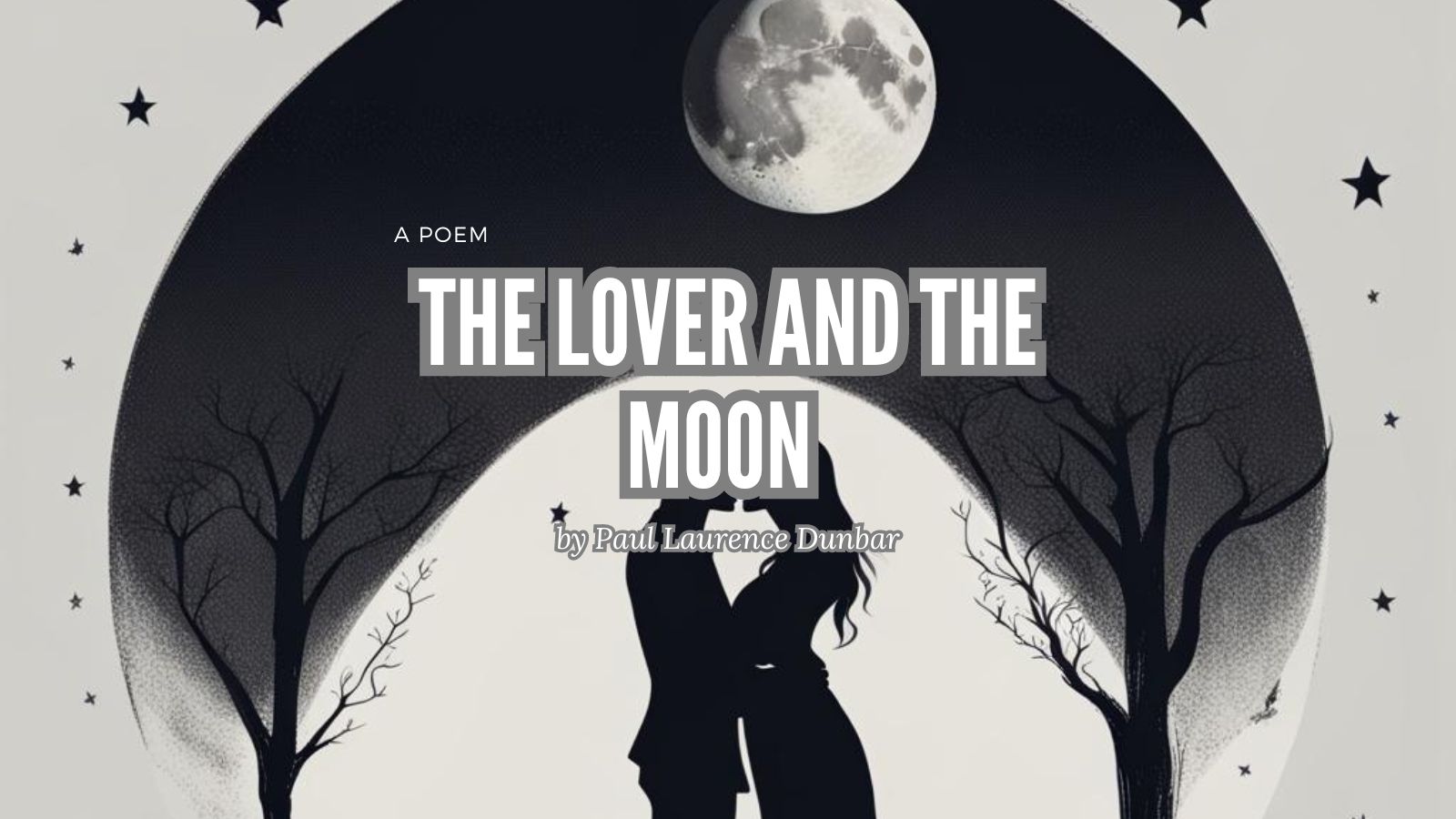
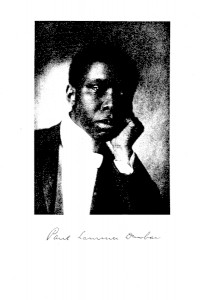

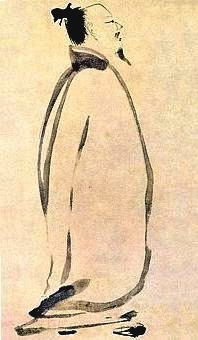


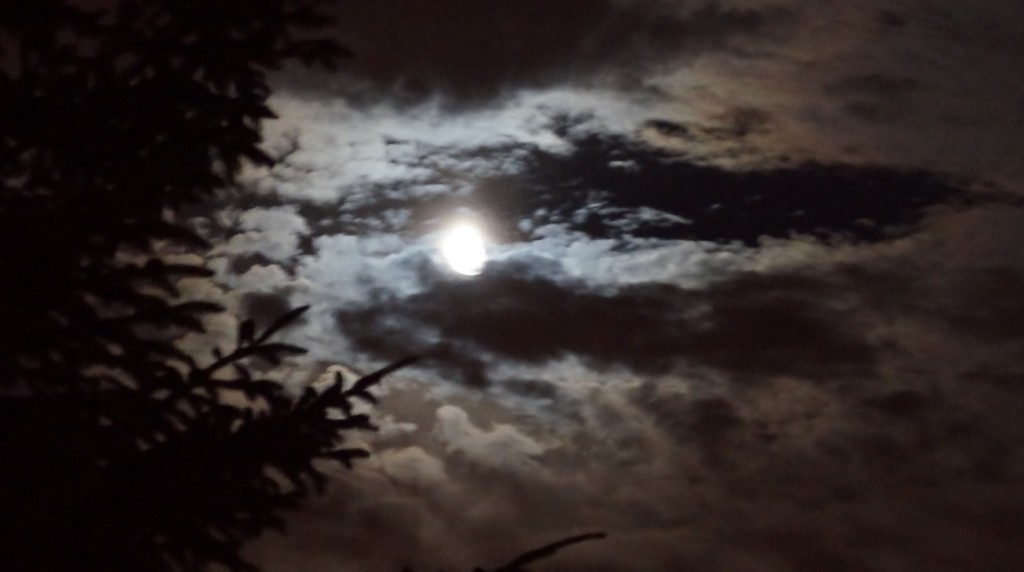
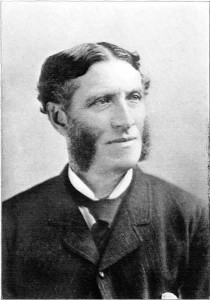

Leave a Reply